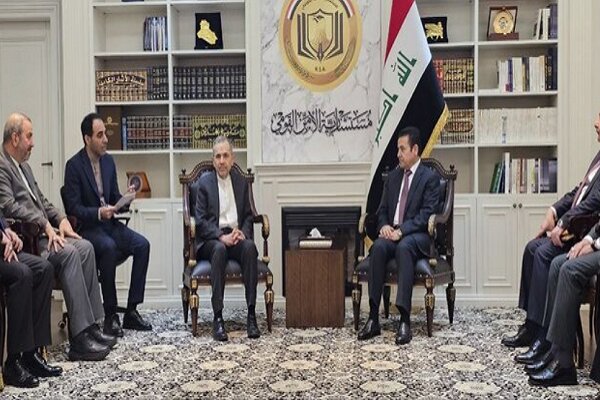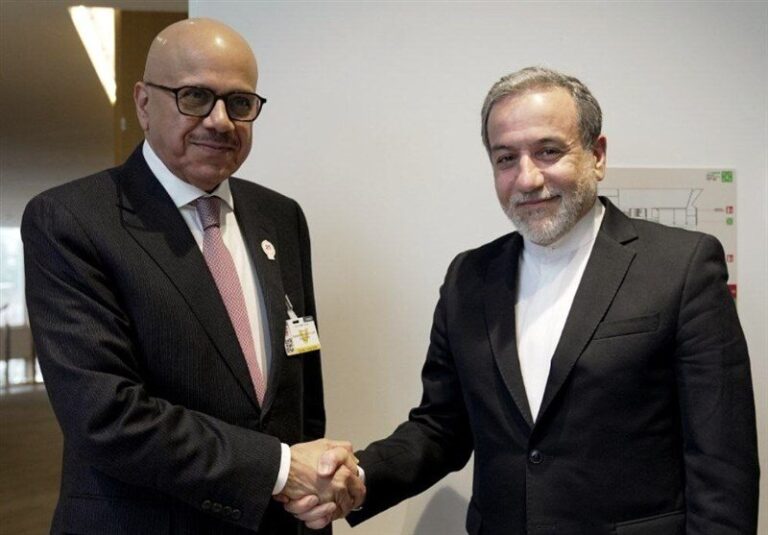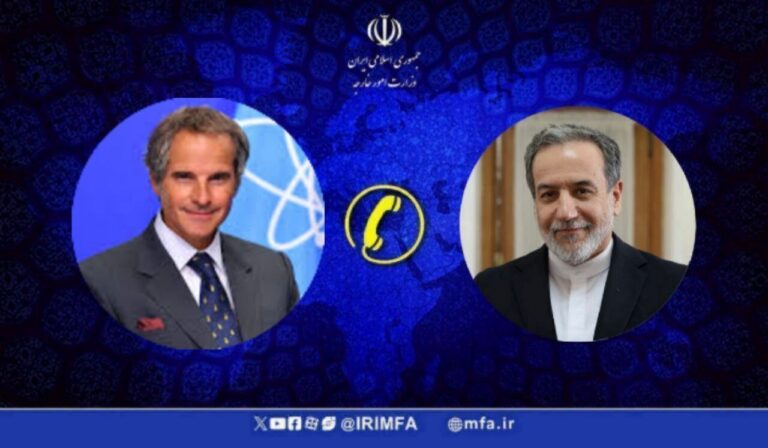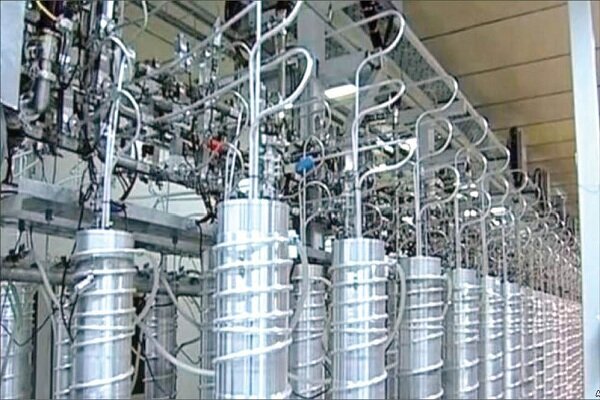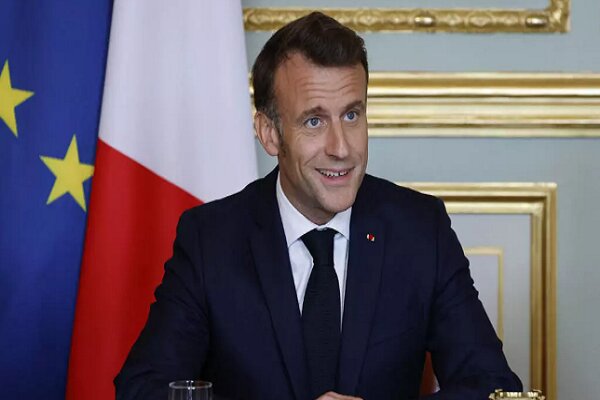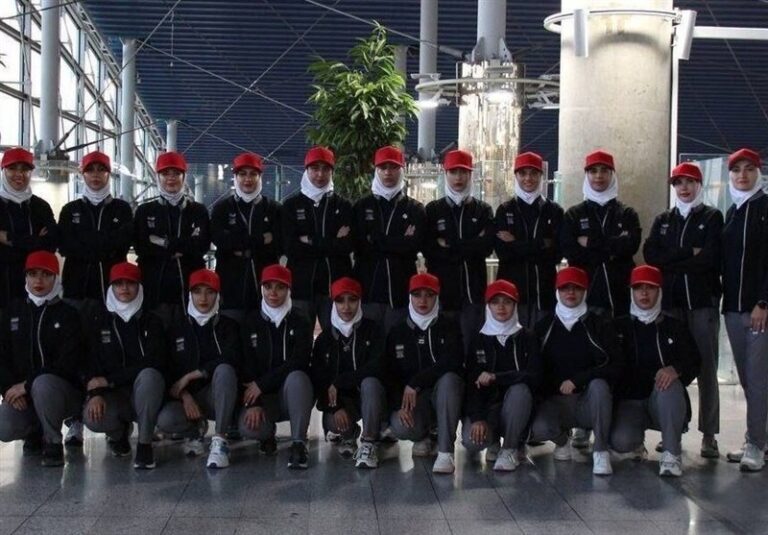Iran and Iraq Call for Strengthened Ties to Counter US-Israel Schemes
In a significant meeting held in Baghdad on Sunday, Iranian diplomat Majid Takht Ravanchi and Iraqi Council of Representatives Speaker Mandalawi focused on crucial regional and international developments, emphasizing the need to strengthen bilateral relationships, particularly in trade and economic sectors. As tensions rise globally, this dialogue underscores the importance of cooperation between Iran and Iraq.
The discussions highlighted several key areas aimed at enhancing mutual ties:
- Exchange of Delegations: Both parties advocated for the exchange of official parliamentary and governmental delegations to facilitate a thorough review of necessary mechanisms. This would activate the Iran-Iraq Joint Friendship Committee and promote the sharing of experiences between the two nations’ parliaments.
- Condemnation of Violations: Mandalawi condemned the ongoing violations by the Israeli regime against the Lebanese and Palestinian people, particularly in light of a ceasefire.
- International Support: He pointed out that the Israeli regime’s actions are sustained by the backing of certain Western nations, undermining international laws and agreements.
Mandalawi also expressed the Iraqi parliament’s firm opposition to the controversial US-Israeli plan aimed at forcibly relocating the people of the Gaza Strip. He urged Arab and Muslim countries to adopt a strong stance on this issue, warning that failure to act could lead to broader regional consequences.
Furthermore, he called for parliaments across the Arab and Muslim world to introduce initiatives that support both the Gaza Strip and Lebanon, while opposing the forced displacement of Palestinians. In light of recent statements from US President Donald Trump, who has suggested resettling Palestinians from Gaza to Egypt, Jordan, and other Arab nations, this call for action has gained even more urgency.
Trump’s proposal, which includes transforming the beleaguered Gaza Strip into a tourist destination, has sparked widespread condemnation globally. The humanitarian crisis in Gaza has intensified, particularly since a ceasefire and prisoner exchange agreement between the Israeli regime and the Palestinian resistance movement Hamas commenced on January 19. This agreement has temporarily halted the Israeli regime’s prolonged military campaign, which has tragically resulted in over 48,260 deaths, primarily affecting women and children, leaving the region in a state of devastation.
During a meeting with Jasem Albudaiwi, the Secretary General of the Persian Gulf Cooperation Council in Muscat, Iranian Foreign Minister Abbas Araghchi reinforced the necessity for a cohesive and robust response from the Muslim world in support of Palestinian rights. Araghchi also communicated with UN Secretary-General Antonio Guterres, urging the United Nations, particularly the Security Council, to take a definitive stance against the US-Israeli plan for the forced displacement of Palestinians.
Additionally, Takht Ravanchi conducted political consultations with various Iraqi officials, including Deputy Foreign Minister for Bilateral Relations Mohammed Hussein Mohammed Bahr AlUloom and National Security Advisor Qasim al-Araji. Following discussions with Araji, Takht Ravanchi emphasized the importance of regular political consultations to enhance security cooperation.
He stated, “It is imperative to consult with Iraq to strengthen security,” underscoring the necessity of bilateral collaboration to ensure regional stability. Takht Ravanchi further emphasized, “National security is the priority of Iran and Iraq, making it essential to continue coordination between the two countries at all levels.”
In a post shared on X (formerly Twitter), he noted participation in the seventh session of political consultations between Iran and Iraq, highlighting the significance of exchanging perspectives on critical issues faced by the two closely aligned neighboring countries. “This exchange of views is vital at this challenging time for West Asia,” he remarked.
As the geopolitical landscape continues to shift, the dialogues between Iran and Iraq serve as a reminder of the importance of regional cooperation in addressing pressing issues, including humanitarian crises and international violations of rights.
